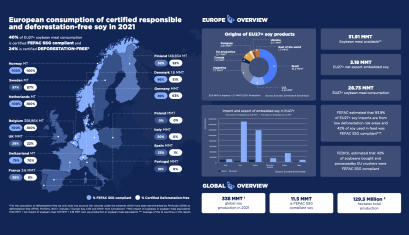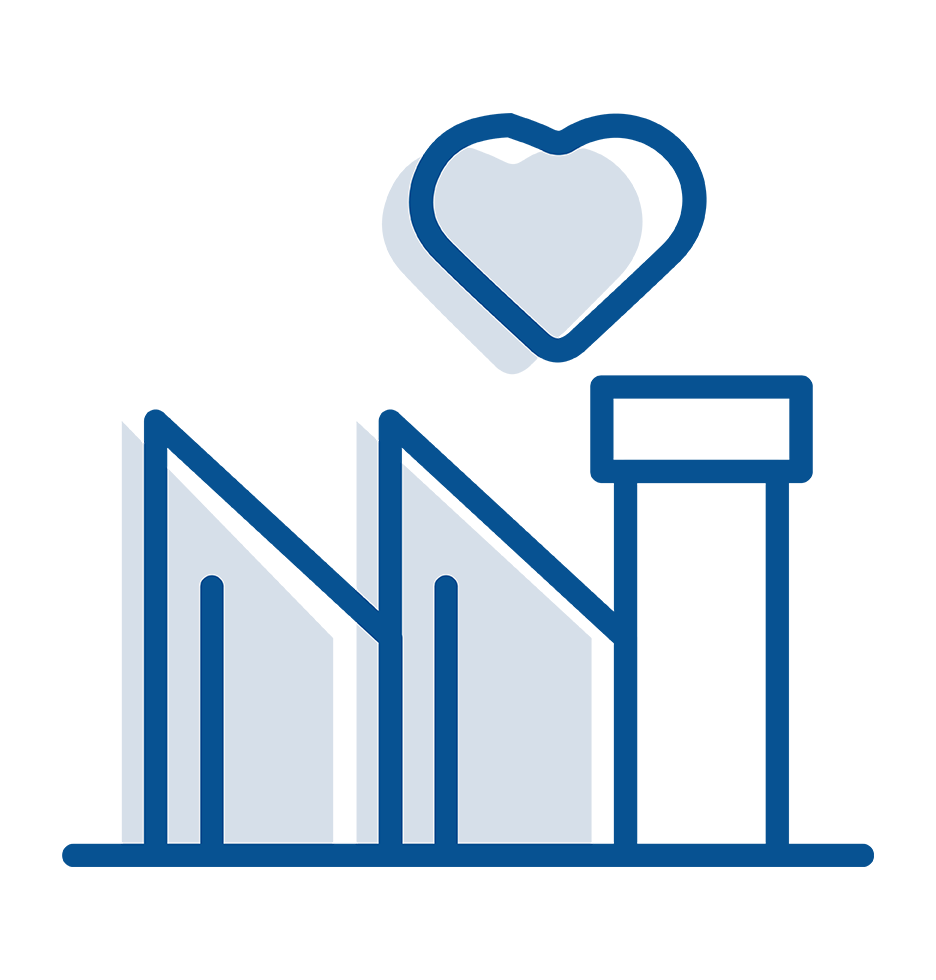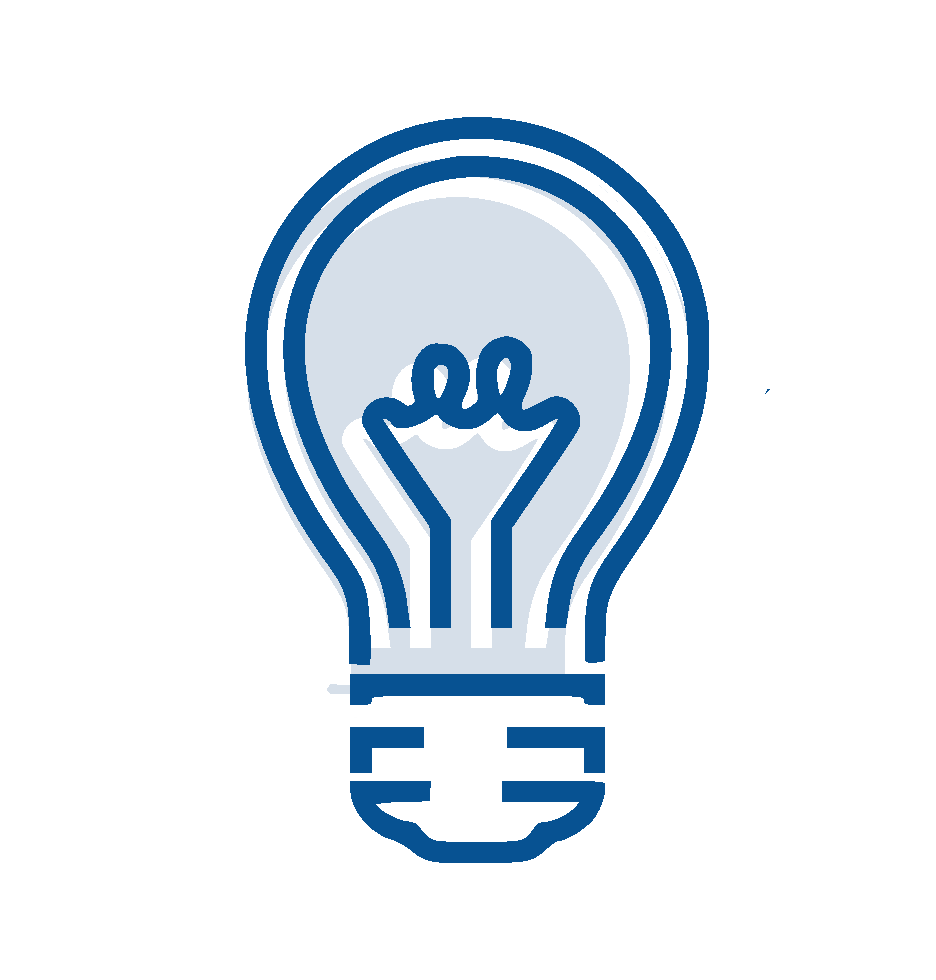
DENOFA IS BUILT ON STRONG TRADITIONS
Since 1912, Denofa has processed raw materials into food and feed, and today sustainably certified, deforestation-free, and GMO-free soybeans are our main raw material. At the facility in Fredrikstad, we produce flour, oil, and lecithin. In addition, Denofa has its own energy production and an ISPS-certified port capable of accommodating large cargo ships.
Full Control of our own value chain
Denofa need to be able to document that the soybeans we import are non-GMO, by Norwegian law. Furthermore, both we and our customers demand that the production of these beans does not contribute to deforestation of the rainforest in Brazil, and that they are otherwise produced in an ethically responsible and sustainable way.
Therefore, every part of Denofa’s supply chain is subject to strict control – from the seed at each farmer’s field to the soybeans which are transported across the Atlantic and all the way to our port in Fredrikstad.
NEWS
IDH: 100% of the soy consumed in Norway is deforestation-free.
Norway, the Netherlands, and Belgium are still the only countries in Europe that can boast 100 percent certified deforestation-free soy.
Our products
Denofa produce meal, oils, and lecithin for use in feed, food and other foodstuffs. Most of the soy that Denofa refine in Fredrikstad is used for animal feed. This ensures that farm animals get access to much-needed proteins.
Safety and Quality
Why is there less salmonella in Norwegian livestock compared to most other countries? Part of the reason might be that Denofa’s lab workers conducts very thorough tests on the soy used in the feed, effectively screening out batches that have been contaminated.
Traceability from A-Z
Responsible sourcing of a raw material that is produced in another country requires us to have full control over our value chain. Our traceability system is so detailed that we know exactly which farms in Brazil have produced the volumes of soy that ultimately end up in Fredrikstad.
STRATEGY & VALUES
A sea of opportunities
Our 510 meter long pier, with a depth of up to 10 meters, allows large cargo ships to dock at Denofa Port. On land, we have numerous possibilities, and we can provide various port services. Denofa Port is also ISPS-certified, which means a more strict level of security.
DENOFA'S HISTORY
De Nordiske Fabrikker A/S etablert i Fredrikstad. Halvt norsk, halvt tysk eierskap. Raffineri og herdningsfabrikk for hvalolje, basert på en tysk patentert metode.
Lever Brothers (nå Unilever) kjøper den tyske halvdelen av selskapet
Lilleborg kjøper den norske halvdelen av selskapet
Det første soyabønneprosess-anlegget ble etablert
Borregaard kjøper Unilevers del av Denofa AS
Denofa og Lilleborg fusjonerer og danner A/S Denofa og Lilleborg Fabrikker
Restrukturering av norsk olje og fettindustri til ett selskap: Denofa AS
Borregaard (inkludert Denofa) fusjonerer med Orkla
Denofa og Lilleborg fisjonerer
Kommersialiseringen av GMO-teknologien begynner for alvor i USA. Denofa blir integrert i Orklas kjemidivisjon, Borregaard
Denofa etablerer sitt banebrytende sporingsprogram «Identity Preservation Program» for soya
Raffineri og fettfabrikk legges ned. Ny forretningsplan og nytt eierskap gjennom Norgrain (Cermaq)
Denofa blir en del av AMAGGI-gruppen
Brasilianske AMAGGI kjøper alle aksjer i Denofa AS
Denofa blir majoritetseier i «spin off»-selskapet Pronofa – en banebryter for nye og bærekraftige proteinkilder.



